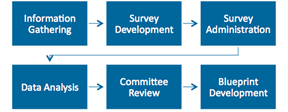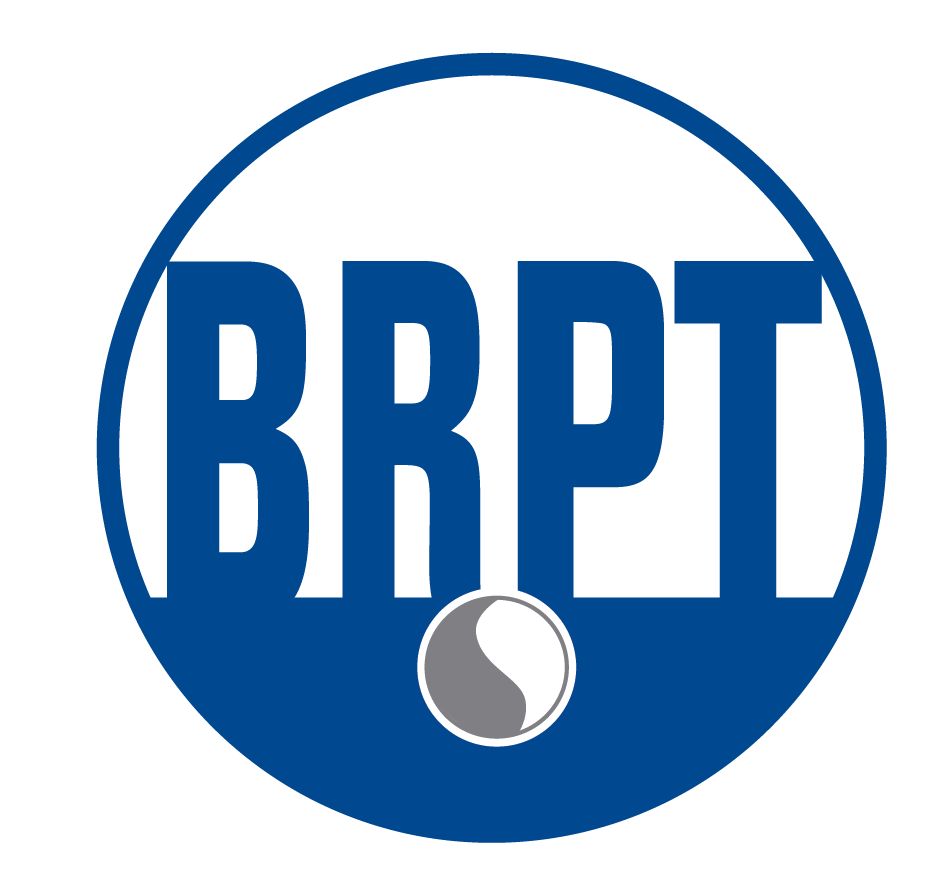By Kenan Hoelke, BS, RPSGT, CCSH, Chair of the BRPT’s Exam Development Committee
Credentialing examinations – especially ones that are NCCA accredited – such as the RPSGT exam, serve as critical benchmarks for professional competency in healthcare and allied health fields. While candidates may focus on preparation and performance, the development of these exams is a meticulous process grounded in scientific rigor, expert collaboration, and ongoing quality assurance.
Establishing the Foundation – A Job Task Analysis
The process begins with a comprehensive Job Task Analysis (JTA) to ensure the exam reflects current professional practice. Conducted approximately every five years, the survey evaluates the responsibilities of an RPSGT and the knowledge and skills needed for the role, providing a benchmark for updating the exam maintained by the BRPT. The JTA is a standard credentialing practice, used to gather job data and monitor developments in the field. The BRPT conducts its JTA in collaboration with its test development partner, PearsonVUE.
A panel of subject matter experts (SMEs) convenes to identify the essential tasks, knowledge, and skills required for competent performance in the field. To validate these findings, a survey is distributed to a broad sample of practicing professionals, who assess the frequency and importance of each task. The aggregated data informs the exam blueprint, which delineates the content domains and the relative weight each area will carry on the examination. For the RPSGT exam, the blueprint encompasses domains such as patient assessment, equipment setup, data analysis, and therapeutic interventions, each weighted according to its significance in practice.
Exam Construction and Psychometric Oversight
With the blueprint established, the focus shifts to the development of exam content. SMEs craft and review exam questions to ensure clarity, accuracy, and relevance. Some items are designated as “pretest” questions; these do not contribute to a candidate’s score but are evaluated for potential inclusion in future versions of the exam. The role of the psychometricians is paramount throughout this phase. These experts apply advanced statistical methods to evaluate item performance, establish passing standards (using validated approaches such as the Angoff method), and equate different versions of the exam to maintain fairness and consistency. This psychometric oversight guarantees that the exam is both valid and reliable, upholding the integrity of the RPSGT credential.

Secure and Efficient Exam Administration
Once developed, the exam must be delivered in a secure and accessible manner through Pearson VUE which provides secure testing environments. The organization manages candidate scheduling, test administration, and robust security protocols to protect the integrity of the examination process. Additionally, candidates receive immediate and confidential reporting of their results.
Ongoing Quality Assurance and Continuous Improvement
The development process does not conclude with exam administration. Post-examination, psychometricians conduct thorough analyses of item performance, identifying and addressing any questions that do not function as intended. The exam is regularly reviewed and updated to reflect advances in the profession, emerging technologies, and evolving best practices. This commitment to continuous improvement ensures that the exam remains current, relevant, and defensible. All procedures and decisions are meticulously documented to meet accreditation standards and to ensure transparency and accountability throughout the process.
Upholding Standards of Excellence
The creation of a credentialing examination such as the RPSGT is a complex, collaborative endeavor that combines subject matter expertise, psychometric science, and operational excellence. The result is an assessment that accurately reflects professional standards and reliably identifies individuals who are prepared to deliver high-quality care. The next time you encounter a certified professional, you can be assured that their credential is backed by a rigorous, evidence-based process designed to uphold the highest standards of the profession.
About NCCA Accreditation
The National Commission For Certifying Agencies (NCCA) was created in 1987 by the Institute for Credentialing Excellence (ICE) – formerly the National Organization for Competency Assurance (NOCA) – to help ensure the health, welfare, and safety of the public through the accreditation of a variety of certification programs/organizations that assess professional competence. NCCA accredits over 200 of the leading credentialing examinations in the United States, including exams in many of the nursing and other allied health disciplines.
In the professional credentialing industry, NCCA accreditation represents compliance with best credentialing industry practices. Every five years, the BRPT must apply to have the RPSGT credential reaccredited. In 2022, the RPSGT credential received its accreditation for five more years.
